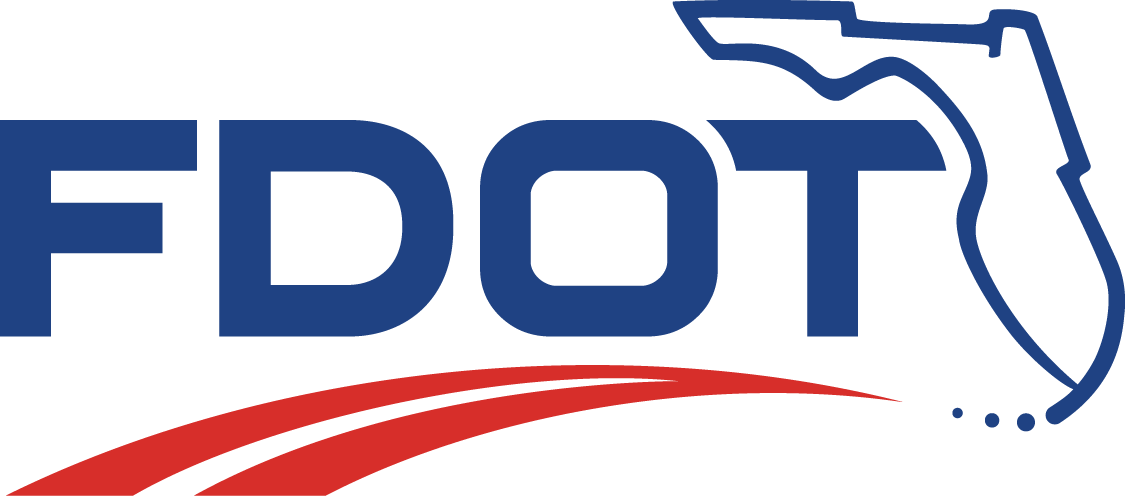Structural Materials Laboratory
Overview
Product Approval
The Physical Lab is responsible for verification and approval of four products that are required to be included on the FDOT Approved Products List (APL) prior to being utilized on state projects or in accordance with the contract documents. These products include concrete admixtures (air-entraining agents, water reducers, and water reducer-retarders), concrete epoxys, rapid patch material, and non-shrink grouts.
Research
Currently, there are several research projects being conducted by the Physical Lab. They include shrinkage compensating concrete and flowable concrete. Research is also being conducted in partnership with The University of Florida in studying the effects of concrete plant wastewater being recycled back into concrete mixes. Also, the effects of stabilizing concrete are being investigated.
Cementious Materials
This section is set up to test a variety of cements, slag, fly ash, water, and curing compound materials to insure that they meet the Standard Specification Requirements for the State of Florida. The physical properties tested on materials is compressive strength of mortars (using 2 in. or 50-mm) cube specimens, density, autoclave expansion, fineness of hydraulic cement by air permeability apparatus, normal consistency, time of setting by Gilmore or Vicat needle, and fineness by (No. 325) sieve. The chemical testing properties for these materials are performed in the Chemical Section.
Mix Design
This office approves all structural concrete mix designs for the Florida Department of Transportation. This office can answer questions or concerns related to changing the concrete mix designs (such as admixtures, cementitious content, slump or air range, pozzalonic material, and coarse/fine aggregate).
Structural Metals Embedded In Concrete
The metals section of the Physical Lab is responsible for the determination of the physical characteristics for metal products used in transportation structures and facilities for the State of Florida. Such metals include reinforcing steel, prestress strand, post-tensioning strand, post-tensioning bars, couplers, mechanical bar splices, welded wire fabric, and other structural steel items. These materials are tested for specification compliance and engineer information for physical properties including yield strength, elongation, weight per foot, cold bend, weld shear, and modulus of elasticity. The metals section is also responsible for welder certification for persons performing structural welding on state projects. The bend test is the normal method of certification performed to the American Welding Society (AWS) structural welding code.
Contact Information
Other Related Information
Laboratory and Field Testing Services

